By Toyin Falola
It remains a common tradition among scholars to commit themselves to issues with a view to understanding very detailed information about the phenomenon so that they can use that knowledge to advance humanity’s collective values. When doing this, they dedicate not only their time to the engagement but also their resources, which may or may not bring the expected results immediately. The information that the consumption of paracetamol would almost immediately reduce, if not eradicate, the severity of pains that humans deal with when they have headaches comes from the accumulation of stress and dedication to retrieve such invaluable information during research. Meanwhile, when everyone has access to such a solution that a highly committed researcher provides, they often do not remember the foundation of someone’s efforts, which facilitated their safety, implicitly undermining the long process of intellectual efforts put in place by some individuals at some point in time. In essence, intelligent people who dedicate themselves to common causes like this are often not persuaded by selfish ambition; it is the assurance that they contribute to the advancement of human civilization that assists them and redeems their spirit. Otherwise, all researchers would have taken a break from generationally investing in engagements which would benefit people who exist after them. This is what is called human fulfilment because the accomplishment of their generational desires of being an instrument of change not only excites them, but it is also what gives them the pleasure of continuing that path. Across different departments and in various disciplines, scholars have invested their intellectual energy in providing solutions to issues, and Professor Siyan Oyeweso is comfortably in this category.
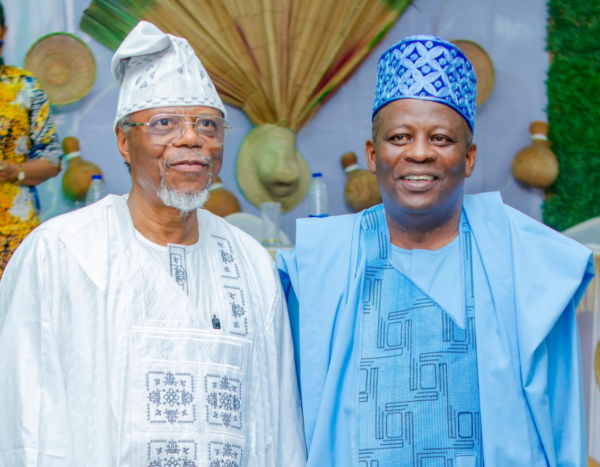
Those who made history would attest to it that much of the efforts they put in place are not immediately appreciated, and we have come to accept this as a part of the needless occupational hazard that they must accept in line with our duty. Traditionally, or maybe generally, historians are often downplayed because society does not understand the very connection that exists in their craft and the maintenance, if not sustenance, of a virile and agile society. Beyond scribal documentation of the epochal events that occur in a place and to a people over some time, the masses are often unaware of the tremendous ways through which historians offer their contributions to the advancement of the world. Firsthand experience, however, has revealed that not only are historians the foundational pillars that provide stamina for societal infrastructure and philosophy, but they are also the backbone that makes their continued existence and sustenance possible. Being a historian, for example, was what exposed Professor Oyeweso to the art of understanding the rubrics of Nigerian society to the extent that he views the unspoken contributions of institutions that are otherwise unknown or unfamiliar because of their composition. The brilliance of Oyeweso, while it shines through the avalanche of publications that are associated with his name, remains glistering in his examination of the superordinate efforts that the Seventh Day Adventist church is making to change the dynamics of Nigerian society. His discoveries and recommendations are great ones that help us understand how human society works.
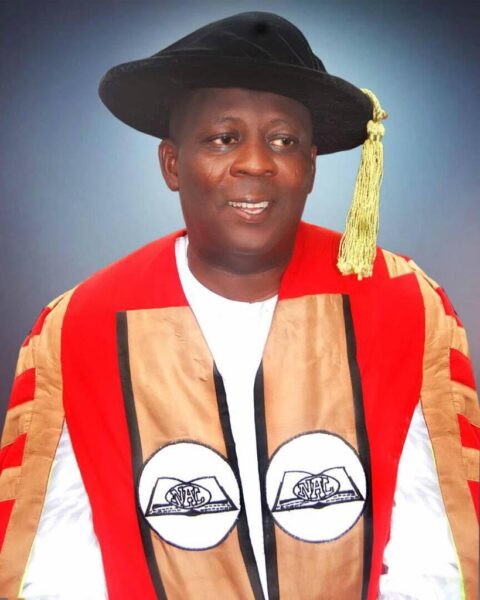
You’ll have to confirm for yourself and not take my words for it when I tell you that the professor has laid bare very profound groundwork through which the church has contributed to the monumental increase of human values demonstrated in how they manage human resources. While the information that Babcock University, which he examined, has established itself as a formidable private university that sheds the country’s burden to provide admission for the admission-seeking students is available for anyone to access, what is not commonly accessible at the surface is his discovery that it has become a foundation of solid moral identity guiding students in their engagements and helping youths to navigate the complex world. It remains very consistent that anyone who understands the operation of the world would know it is almost difficult to build purpose-driven youth who are not burdened by the overwhelming moral delinquencies that are the signature of the current world. Looking at the significance of the church from the angle of what they signify or symbolize in the Nigerian context helps to inform us of the various dimensions that several institutions can come into play in the project of active nation-building. Professor Oyeweso maintains that the solid products associated with the church as an institution help to prevent the nation from sinking into the abyss of terror and conflicts. Connections between the offering of quality intellection to students and preventing a chaotic atmosphere lie in how the application of their knowledge helps them to navigate the world as it should be.
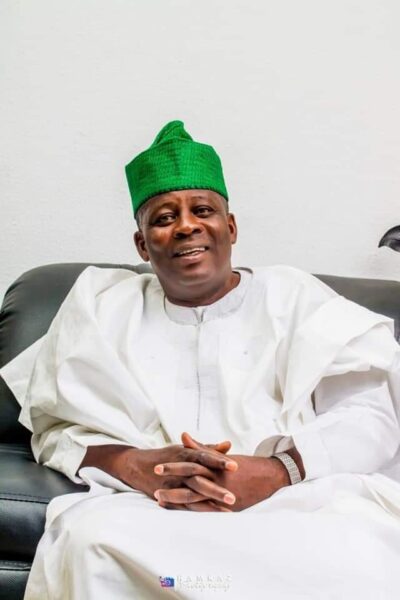
Successful historians, the category of which you would comfortably find Professor Oyeweso, are boastful of the habit of conducting very daring research which would lead to the emancipation of the world from the burgeoning influence of some forces. One cannot but marvel at the academic brilliance of this man when he examined the foundations of conflicts and organized crimes in Nigeria and how they have stewed for a long time. He reckons, for example, that in a world connected by technologies and enhanced by globalization, the possibility of crimes crossing countries cannot be overemphasized. This means that the volatility of human society will always encourage some crimes that will eventually contribute to the breakdown of systems. He mentions, for example, that the acceleration of crimes that have become synonymous with Nigerian geography comes from the knowledge that there is a syndicate of crimes that are beyond a single country. Crime entrepreneurs derive maximum profits from the engagement and will, therefore, deploy their power to challenge anything that inhibits their aspirations. Oyeweso intones that the construction of relatively weak states in Nigeria, which occurs potentially because of the over-concentration of power to the centre, has continued to encourage the crime networks to expand their tentacle because not only do they have sophisticated weapons and technology at their disposal, but they also enjoy the notoriety of their gangs abroad to carry out destructive engagements in the country. To him, prevention works better to secure lives and properties.
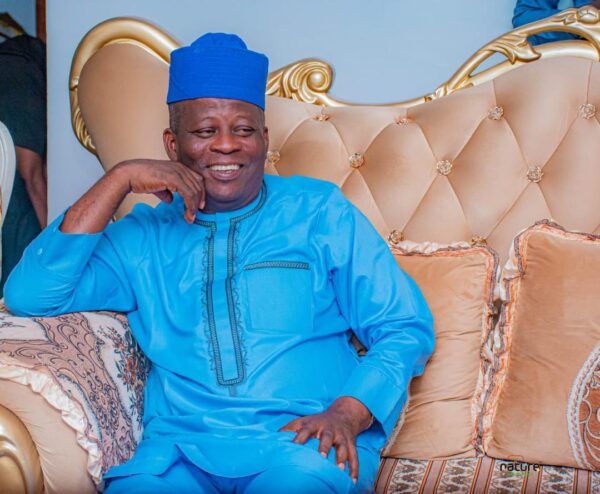
I revel in the happiness that historians have been the custodians of, and conscience to, society from time immemorial. It is so because they have the natural freedom to investigate any area of existence and extract information and knowledge that could potentially redeem the human world. Oyeweso comes off as a resourceful individual once again for the fact that his searchlight of research has been beamed to the behaviour of Africans, especially Nigerians, in relation to how they have survived in the world before and the aftermath of their contact with Europeans. The fact that an alternative Medicare and healthcare delivery has become preeminent in today’s engagement attests to the inviolability of native knowledge in tackling health challenges that prove threatening. This professor argues in one of his research engagements that the plummeting of global medical services and awareness comes from the homogenization of the healthcare system to promote an agenda. Although he is not a medical scientist, his expertise in history has compelled him to come to a life of inquisition, which reveals that the success recorded before the ascendancy of Europeans in addressing their medical challenges owes its beginning to the indigenous modes of treatment. While noticing that there had been numerous efforts towards the stabilization of the medical issues facing the world, he also mentions that there is a need to diversify approaches, especially since alternative approaches could potentially bring desirable results.
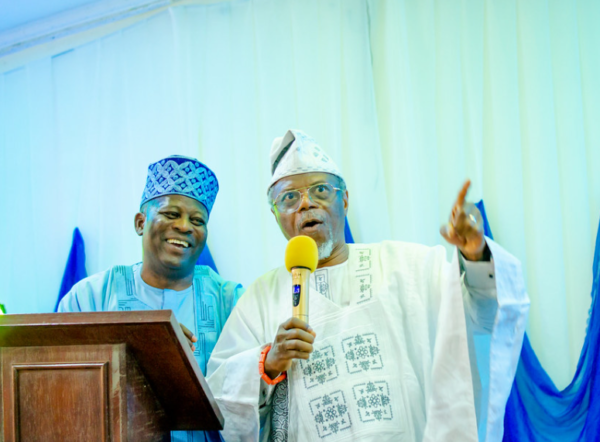
It is often difficult to come across individuals who have dedicated themselves to the good of the human family without being rewarded bountifully for their engagements. Nature has a way of rewarding people’s contributions, and the fact that Oyeweso has enjoyed substantial recognition for his efforts attests to this conclusion. It remains true that the recent appointment to function in a university governing council comes from the recognition of the various efforts that he has put in place. He has not only shown that he can handle different things successfully together simultaneously, but he has proven that his secret to success lies in his unwavering commitment to life-changing engagements. Much as it requires his mind and body and promises to be of tremendous significance to human society, Oyeweso always provides his moral and ideological resources for the enhancement of a better society. This perhaps accounts for the reasons why he is a success in nearly all his involvements. Having him serve in different positions both at schools where he has functioned as a faculty member and the beyond-the-school engagements where he has been called to serve in various capacities, the fact that he has recorded intimidating success there supports the claim that he would always be golden in the general scheme of things. Professor Oyeweso is worthy of celebration, and it comes as no surprise that this piece tries to achieve that.
PS: Speech at the reception in his honour to mark his appointment as the Pro-Chancellor and Chairman of Council, Obafemi Awolowo University, on Sunday, August 11, 2024
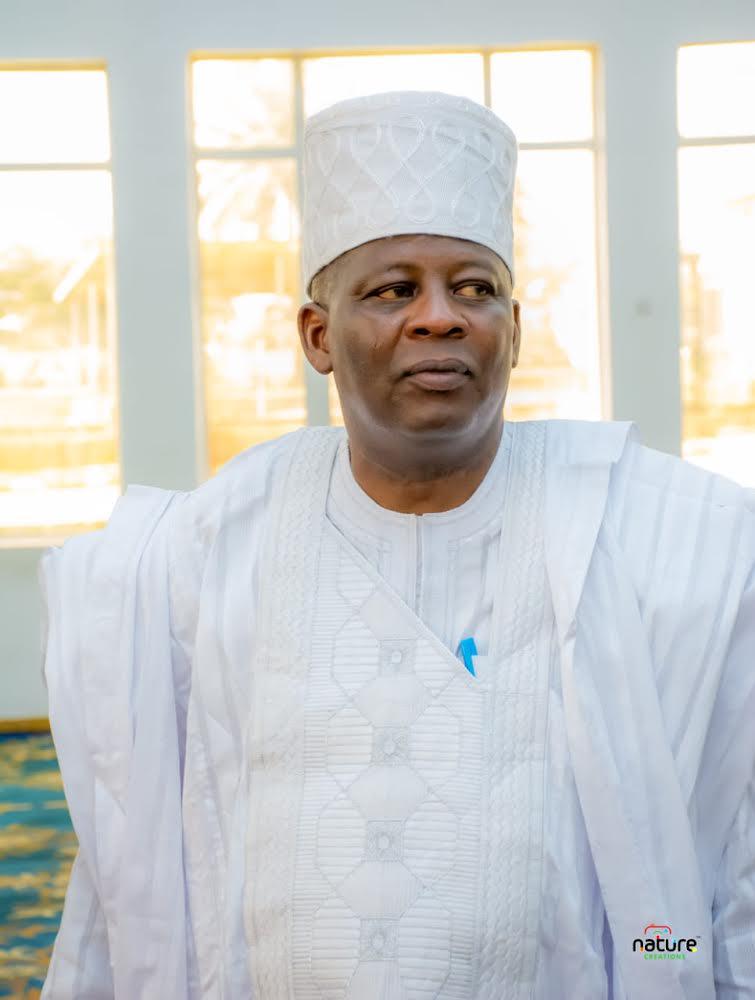
This is heart warming news, a well deserved honour for a brilliant scholar and a seasoned administrator.
Congratulations Professor Siyan Oyeweso.. May your tenure witness unprecedented growth and development for both staff and students.
Well done
Some genuinely howling work on behalf of the owner of this web site, utterly great content.
This website is my breathing in, rattling superb design and perfect articles.
I would like to thnkx for the efforts you have put in writing this blog. I am hoping the same high-grade blog post from you in the upcoming as well. In fact your creative writing abilities has inspired me to get my own blog now. Really the blogging is spreading its wings quickly. Your write up is a good example of it.
You have brought up a very excellent details , thankyou for the post.
Thanks for all your efforts that you have put in this. very interesting info .
I’m still learning from you, but I’m trying to achieve my goals. I definitely love reading all that is written on your website.Keep the tips coming. I loved it!
I have been examinating out many of your articles and i can state clever stuff. I will surely bookmark your blog.
I would like to express some thanks to this writer for rescuing me from this particular instance. After surfing around throughout the internet and meeting ideas which are not productive, I was thinking my life was over. Existing without the approaches to the issues you’ve fixed all through your good post is a serious case, and the kind which might have negatively affected my entire career if I had not noticed the blog. Your talents and kindness in handling a lot of stuff was invaluable. I don’t know what I would have done if I hadn’t come upon such a step like this. I can also now look forward to my future. Thanks a lot very much for this expert and sensible help. I will not think twice to suggest the website to anyone who should get guidance about this subject.
I was looking through some of your posts on this site and I believe this internet site is real instructive! Retain putting up.
I was reading some of your content on this site and I think this internet site is real informative ! Keep posting.